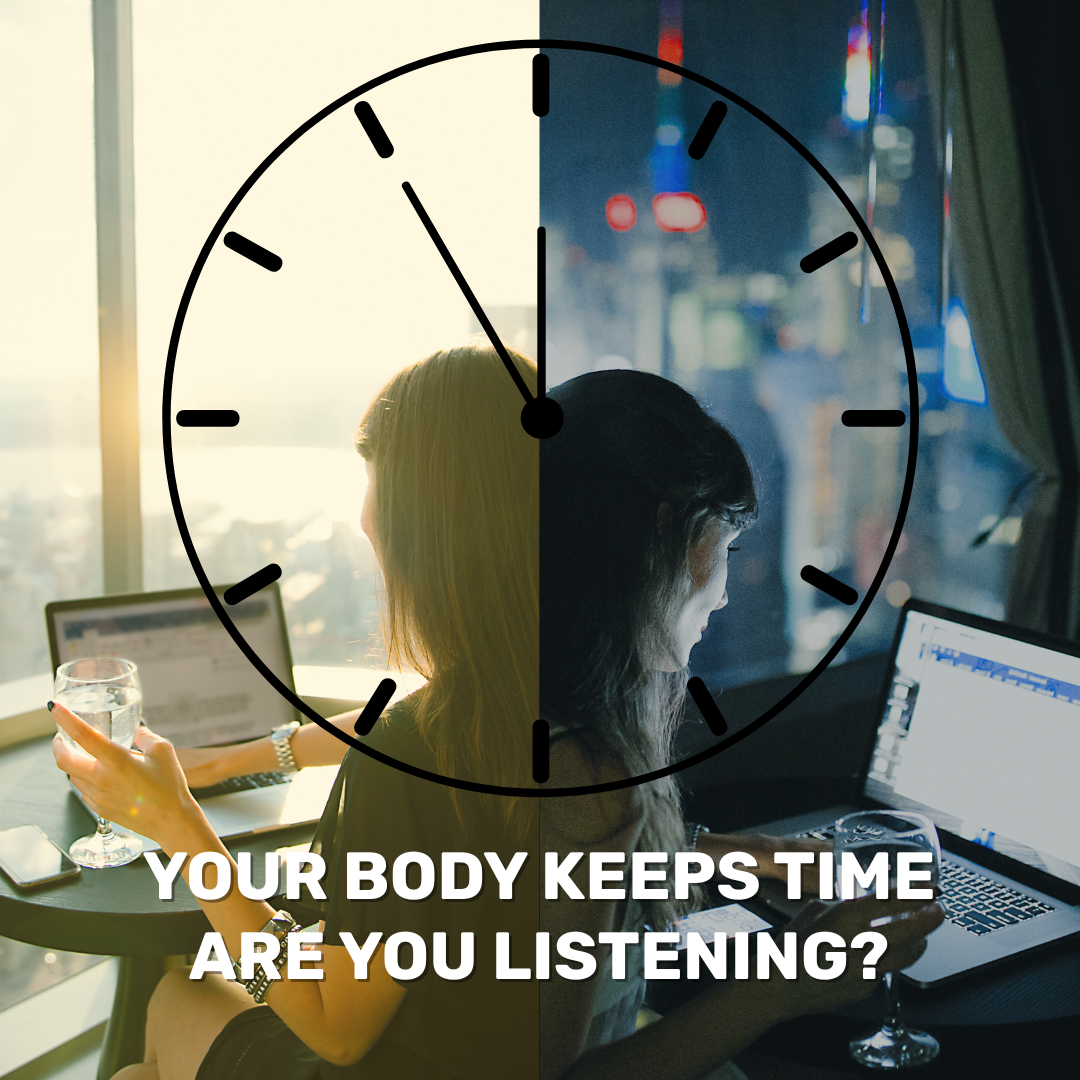Night Owl or Early Bird? Your Schedule Might Be Out of Sync With Your Biology
We treat it like a preference: “I’m a morning person” or “I’m just more productive at night." But the science tells a more complex story.

We treat it like a preference: “I’m a morning person” or “I’m just more productive at night." But the science tells a more complex story.

Chronotype—the body’s natural tendency toward being active early or late in the day—is deeply physiological. It’s not just about routine or willpower. It’s how your internal clock is set.
Despite that, many daily systems—from school bells to office meetings—are built around early risers.
This creates what researchers call “social jet lag”: the experience of living out of sync with your biological rhythm. You’re technically awake, but physiologically misaligned.
Sleep trackers, wearables, and biofeedback devices are revealing the impact of this mismatch:
What we’re finding at Fulcra Dynamics, as we explore how physiology interacts with technology, is that sleep is never just sleep. It’s a window into how people move through the world—sometimes aligned, sometimes fighting their natural flow.
Whether you wake up before the sun or hit your stride after dark, those patterns are worth noticing.
Not because they need to be fixed—but because they tell us something real about how the body keeps time.